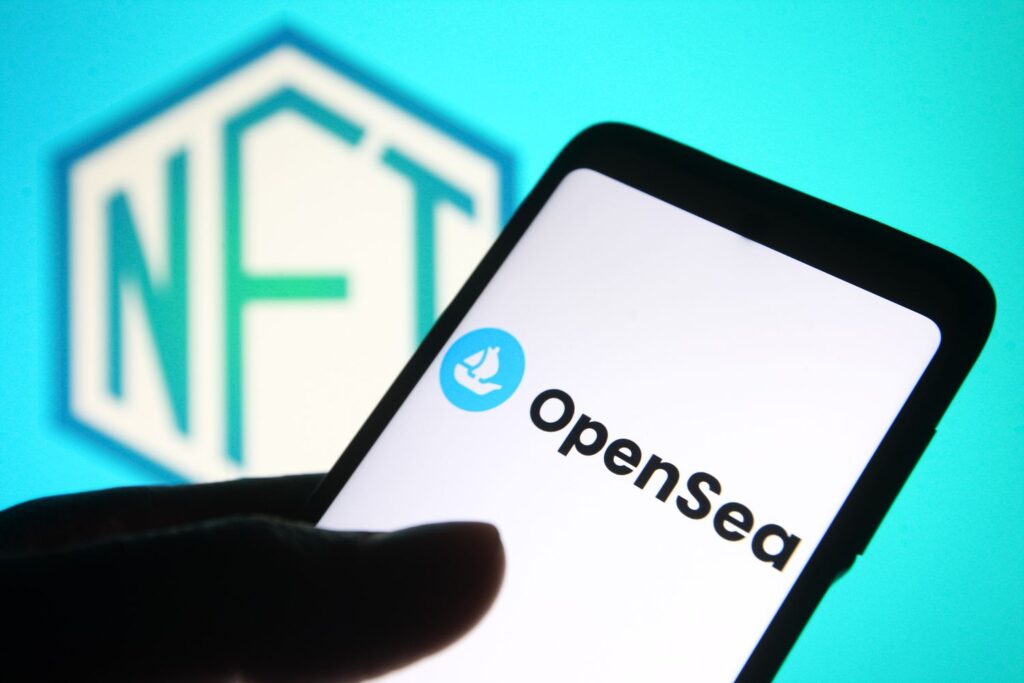The lawsuit against OpenSea cited SEC actions against certain NFT projects, alleging OpenSea failed to moderate unregistered securities.

The non-fungible token marketplace, which was accused of selling unregistered securities by two OpenSea users, has withdrawn its proposed class-action lawsuit after a judge permitted the firm to request arbitration.
OpenSea Users Drop Lawsuit
Anthony Shnayderman and Itai Bronshtein filed a voluntary dismissal of their securities suit against Ozone Networks, which operates as OpenSea, in a Florida federal court on Nov. 7. This follows an order issued by Judge Cecilia Altonaga last month, which permitted OpenSea to submit a motion to compel the pair to arbitration.
In an October filing, OpenSea maintained its stance that it would compel the two users to arbitration, asserting that they had consented to its terms of use, which stipulate that all claims would be resolved by an arbitrator, regardless of whether they should be arbitrated.
The NFT marketplace stated in its October filing that it “intends to promptly move to compel Plaintiffs to arbitrate their claims in the agreed-upon forum” and that it would appeal any denial by a court, thereby placing the case on hold.

The pending case was compelled to be dismissed by Shnayderman and Bronshtein’s attorney, Adam Moskowitz of The Moskowitz Law Firm, as he informed Cointelegraph.
He further stated that their “primary objective” for the case was to “establish a framework that would enable our experts and theirs to achieve what others have failed to do, namely, establish a functional global marketplace for NFTs in anticipation of the forthcoming political and legislative changes.”
Moskowitz stated, “We continue to believe that OpenSea could be of assistance, particularly in the supervision and monitoring of NFTs traded on their own exchange, from which they directly benefit.” “We will undoubtedly persist in our efforts to determine the most effective approach to assisting the victims of failed NFTs and other crypto products.”
The proposed suit was initiated by Shnayderman and Bronshtein in September, who asserted that the NFTs they purchased on OpenSea were unregistered securities contracts in the United States and were worthless “due to their illegal nature.”
They contended that OpenSea’s August disclosure of a Securities and Exchange Commission Wells notice, which served as a warning that the agency could pursue an enforcement action, “indicates that OpenSea is under investigation and may be held accountable for facilitating the exchange of unregistered securities.”
The suit also referenced the SEC’s successful action against NFT initiatives Stoner Cats 2 and Impact Theory, in which it claimed that the NFTs were unregistered securities. They alleged that the NFT market violated a user warranty that stated it would “moderate the OpenSea exchange for unregistered securities.”
During that period, an OpenSea spokesperson denied the allegations, describing the lawsuit as “baseless,” and stating to Cointelegraph, “The allegations in the complaint will not be proven true by constructing a purported class-action lawsuit from thin air based on our disclosure of an SEC Wells notice.”
A request for comment regarding the voluntary dismissal was not promptly addressed by OpenSea.
